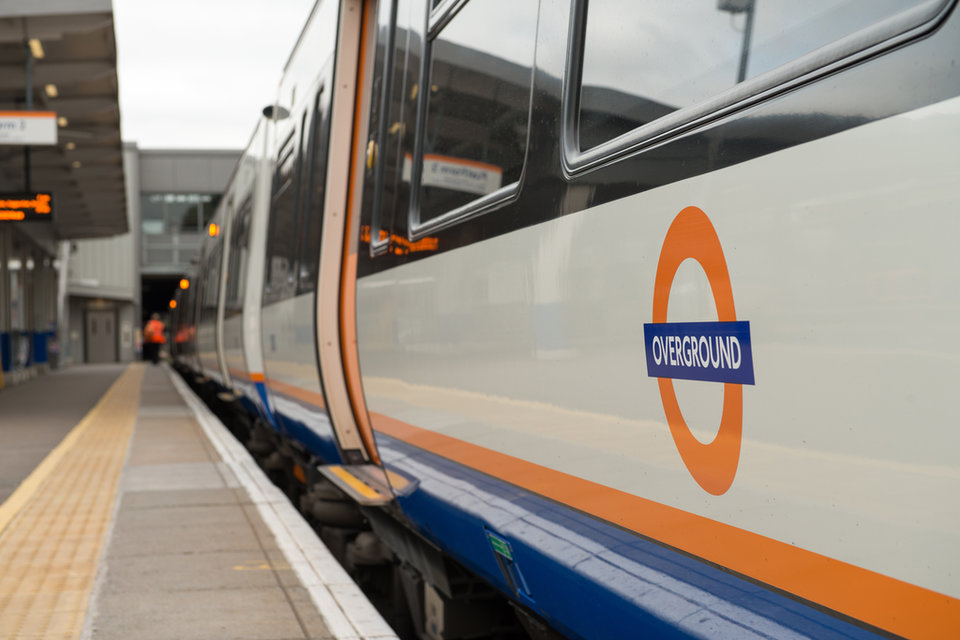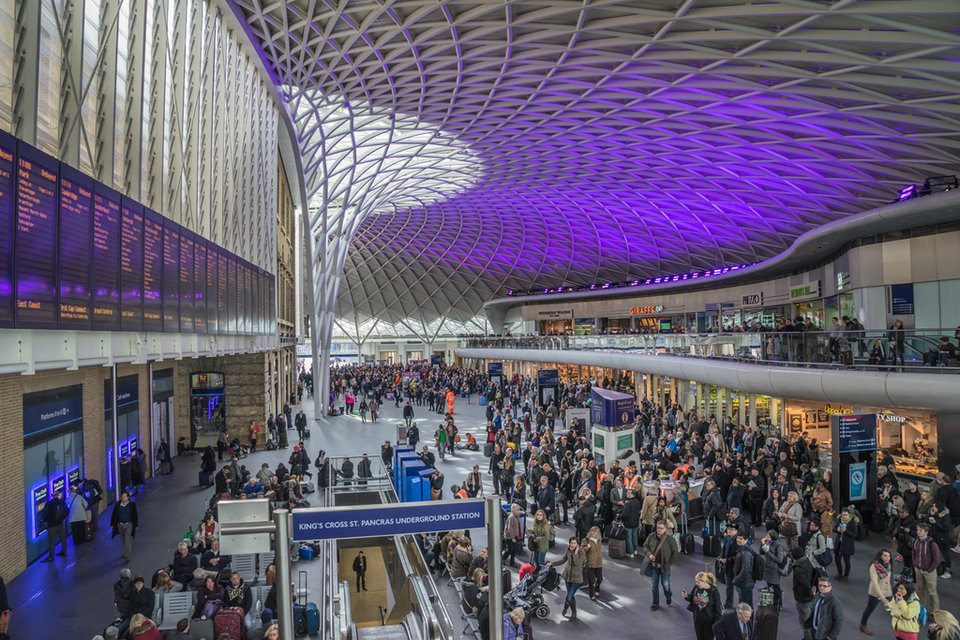More rail devolution could follow in the capital
Shining example: London Overground under the control of TfL
As Williams goes about his findings, UTG is set to release its own report in the coming months into the benefits of locally-run stations.
Led by Stephen Joseph – who recently stepped down as chief executive of Campaign for Better Transport after 30 years – it will seek to demonstrate how devolved authorities have gone about making improvements, ranging from staffing and security, to environmental performance and integration with other modes of transport.
While UTG and Joseph could not be reached for comment, Thomas Haines-Doran, a rail campaigner and researcher at Soas University of London’s economics department, believes the case for devolution to be strong, going on past examples, such as that of London Overground, which is run by Transport for London (TfL).

Image: pisaphotography / Shutterstock.com
“The benefits are most obvious when you are somewhere that already has devolved powers, such as the case with London Overground,” he says. “These advantages include being able to have timetabling and fare-setting that is tailored more towards the needs of the local people and local authorities.”
If London mayor Sadiq Khan has his way, more rail devolution could follow in the capital. City Hall has made no secret of its hopes to take over franchises, including Southeastern’s suburban services. Khan points to the success of the Overground, which, since being taken over by TfL from the hapless Silverlink in 2007, has seen a 30% reduction in delays while staff posted at stations has risen by 163%.
Funding change: the financial woes of local authorities
Christian Wolmar, a leading UK rail expert, also sees the potential in rail devolution, but warns that the one-size-fits-all approach could not apply to the UK’s fragmented and complex rail network.
“I’m a fan of devolution, but it wouldn’t work in every case,” he says. “For instance, there are stations in the middle of nowhere operating within local authorities with no money at all. There are other complexities to consider. every link, every connection between the different players in the rail game means you need contracts, payments and complicated arrangements, creating all sorts of extra costs.”
As Wolmar points out, many of the questions around devolution are financial. Can cash-strapped local authorities really be expected to take on the running of stations?
“Many stations need a lot of capital investment,” says Haines-Doran. “And, as we all know, local authorities have limits on their borrowing. My concern is that they won’t be able to get the appropriate funding from central government for the provision of new rail services.”
And what of that age-old argument between privatisation and nationalisation? According to UTG, “devolution is compatible with either option”, on which Wolmar is also in agreement.
“The private-public model doesn’t make any difference – you can still have devolution,” he says.
“My concern is that devolution just isn’t the answer to all the problems. I’m a fan of the idea, but sometimes you need centralised standards – something to maintain basic rules and regulations.”
Devolution isn’t the answer to all the problems
What local governments will find more useful ishaving greater involvement in the decision-making and initial planning
Better dialogue: the relationship between local authorities and TOCs
As someone with experiences on both sides of the fence – having worked at a local government level in Wales, and as a former development manager at Great Western Railway – Mark Youngman advocates a halfway house, through which local authorities are given more involvement in decision-making, but not complete control.
“What local governments will find more useful is not control, but having greater involvement in the decision-making and initial planning relevant to the level of funding and interest they have towards the running and improvement of the railway,” he says.
“That involvement should be backed up by sufficient controls so that the local government funding isn’t lost in the miasma of the railway.”

Image: Gordon Bell / Shutterstock.com
Youngman is heartened, nonetheless, by the reinforcement of efforts made by some train operating companies (TOCs) to have dialogue with local government – something that was especially absent during the early days of Railtrack and Network Rail..
“There are some train operating companies that employ managers focussed on relationships and working closely with local authorities to fund improvements to the rail network – be they infrastructure, station or services.”
Couched as a theory, the argument for rail devolution is a sound one. As UTG states, local authorities are much better positioned to gauge the performance of rail services than the state-owned Network Rail. There is practical evidence too – such as in the case of London Overground – that passengers can benefit from such services.
But, as Wolmar rightly points out, locally-run stations might not work everywhere. “It probably won’t work at King’s Cross, but it might work in Derby,” he says.